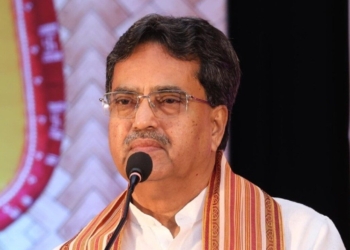Prayagraj: In a landmark judgment, the Allahabad High Court (HC) has held that in case there was a settlement between the contesting parties after registering of a case under the SC/ST Act, the informant victim of SC/ST community, who lodged the complaint, will have to deposit the amount received back in the state ex-chequer without which no compromise would be verified by the court concerned.
“Depositing of money received from Samaj Kalyan department shall be sine-qua-non and condition precedent for any settlement or truce between the parties,” the court added.
Hearing a criminal appeal filed by one Jhabbu Dubey and three others, Justice Rahul Chaturvedi observed, “When there is settlement between the parties, there is no threat for any offensive against the victim. There cannot be any good justification to keep that money for the victim and in all fairness, they are supposed to return the money to the state government. This is the hard-earned money of innocent taxpayers and any atrocities against the victims cannot be exploited to earn and enjoy the money from the state government even when there is compromise between them.”
As per rules, the victim belonging to the SC/ST community is provided economic aid on behalf of the Social Welfare department of the state government when he/she registers a case under the Scheduled Caste and Scheduled Tribe (Prevention of Atrocities) Act, 1989.
The court further directed that where there was compromise or settlement between the victim and the accused, the same will be verified by the concerned sessions judge, SC/ST Act, taking into account the factors enumerated by the apex court.
After being satisfied, the sessions judge concerned will ask the informant/victim to deposit the entire amount received by him/her from the Samaj Kalyan department of the state government back within the next 10 days and then pass a suitable order verifying the covenants and the signatories of the compromise.
In addition to it, the court directed the authorities concerned to circulate a copy of this judgment to all the sessions divisions of the state so as to comply with the orders in the same terms and conditions in future.
(IANS)














